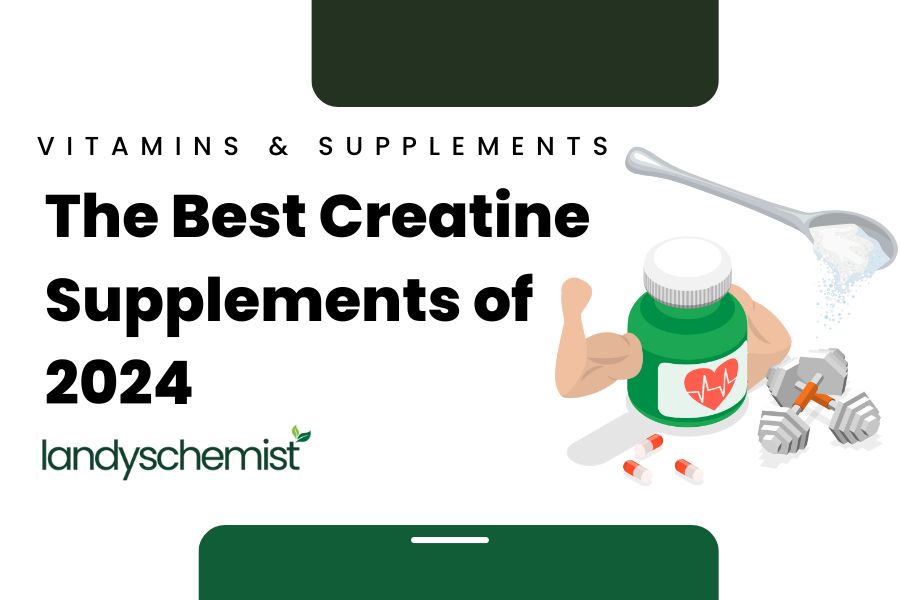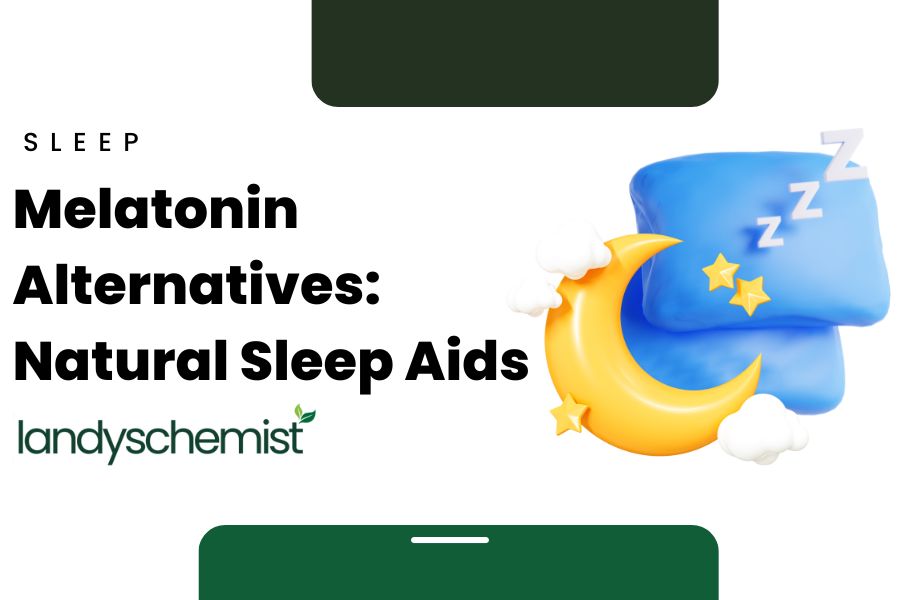
Cleanmarine's Guide to Hormones & You
Hormones are our body’s chemical messengers. They influence many aspects of our health and well-being, from supporting energy levels to manageing our stress and sleep, to even impacting our skin and health.
Understanding the significance of hormones in our bodies can help us to have full control over our health.
How hormones affect energy levels
Imbalances in sex hormones, particularly low oestrogen levels, can cause fatigue, and affect mood by influencing neurotransmitter production.
Fatigue
Imbalances in sex hormones can impact energy levels, for example, low oestrogen levels can be associated with fatigue. Oestrogen plays an important role in the regulation of energy in the body. It is necessary for optimal mitochondrial function -the organelle inside cells that make energy. Oestrogen can aid the mitochondria in making more energy molecules.
Some say that when Oestrogen is highest, towards the middle of the cycle, they have more expendable energy. This can even extend to feelings of increased stamina and endurance. Drop in Oestrogen towards the end of the month, where progesterone takes over, can leave some feeling more fatigued.
The Cleanmarine PeriodPlan GelCaps contain essential ingredients such as B vitamins, Soy isoflavones and omega-3 from krill oil to regulate hormones and support your mind, skin, energy and hormones throughout your monthly cycle.
Mood
Oestrogen also plays a role in the production of neurotransmitters serotonin and dopamine. These neurotransmitters are a part of mental motivation pathways, which can increase mental and physical energy. Lower levels of these neurotransmitters are associated with depression and fatigue.
Blood Sugar Levels
Oestrogen also helps modulate insulin function, the hormone that regulates blood sugar levels. Balanced blood sugar levels are a big part of feeling ongoing levels of energy throughout the day.
How hormones affect sleep
Inadequate sleep, rest, and down time, can impact hormones, and vice versa. There are certain times in the month where individuals might feel the need for more rest, such as around menstruation, when the system is effectively going through a purge and reset stage. Lower levels of oestrogen at the end of the cycle can also influence higher levels of fatigue.
Higher levels of oestrogen have been associated with higher sleep quality, so during the follicular phase (the first day of the period until ovulation), some report better sleep. In the luteal phase (day 15-28 of the cycle, ending when you get your period), especially around ovulation when body temperature can shift slightly, there is potential for sleep to be disturbed. Higher levels of progesterone in the later part of the cycle can influence feelings of calm and relaxation, aiding with sleep.
How hormones affect digestion
Oestrogen and digestion have a complicated relationship. Oestrogen can influence the movement of food throughout the digestive system, as well as potentially influence the presence of symptoms like bloating and constipation. Higher levels of the hormone in pregnancy can influence the latter.
During menstruation, prostaglandins are released to encourage the uterine lining to cramp to promote the release of the tissue. This can also influence the bowels and cause increased bowel movements, generally on the looser side.
How hormones affect our hair, skin and nails
Oestrogen fluctuations can influence skin appearance. Hormonal acne can be a sign of hormonal imbalances and might include increased levels of sebum production, creating an oily complexion.
Oestrogen promotes collagen production and skin thickness, which is why during menopause, skin can start to appear thin and dry. Oestrogen also promotes healthy blood flow to the skin, influencing skin health but also the hair and nails.
During pregnancy when hormones are higher, there can be greater hair growth and volume. Sex hormone fluctuations can allow for skin quality to change throughout the month, with some reporting better skin appearance around ovulation, when oestrogen is higher.
Cleanmarine Menomin provides super absorbing omega-3 phospholipids plus folate, biotin, b-vitamins and soy isoflavones to regulate hormonal activity, support skin health and contribute to overall well-being.
How hormones affect immunity
General immunity can be affected by sex hormone levels. Lower levels of hormones just prior to and during menstruation sometimes allow for feelings of having a ‘mini flu’.Optimal hormone balance works alongside the immune system to maintain high levels of immunity. Oestrogen receptors are found on immune cells, indicating that the presence of this hormone can promote immunity, even if the exact mechanism is not understood.
How hormones affect brain function
Oestrogen has neuro-protective properties and supports general brain function. Lower oestrogen levels can promote feelings of reduced brain function by affecting the prefrontal cortex, which controls memory, organisation, personality and mood.
When oestrogen is low, prior to a period or during perimenopause and menopause, people report symptoms of lack of cognitive ability and also clarity, with higher reports of brain fog for instance.
The Cleanmarine Krill Oil 50mg Marine Gelcaps contain 590mg of concentrated, high strength omega-3 krill oil to provide DHA. DHA contributes to the maintenance of normal cognitive function and brain health.
The relationship between our thyroid and hormones
Sex Hormones are part of the endocrine system which also includes the hormones of the thyroid and adrenals.
The Thyroid is an organ that sits, in a butterfly-like shape, at the front of the throat beneath a piece of cartilage that is colloquially known as the ‘Adam's apple’. The size of this cartilage alters from person to person, and is more obvious in some. This gland is most well known for the roles it plays in metabolism.
The thyroid gland is part of a chain of hormonal glands, the first two of which are found in the brain, called the HPT-axis (Hypothalamus, Pituitary, Thyroid axis). The hormones involved in the regulation of the thyroid impact sex hormones, and if this system is dysregulated, sex hormones can be negatively affected. This could be part of thyroid disorders, but also due to other factors, like high levels of stress.
Checking your thyroid levels
Thyroid testing involves a blood test to ascertain the levels of two chemicals -Thyroid Stimulating Hormone and T4 -the chemical the thyroid makes. Rather crudely, these two levels can give you an idea of what messages the thyroid is getting, and then what it is able to do with that. Imbalances in thyroid function (over- and under-activity) can impact the development of ovarian and endometrial (uterine) tissues.
Summary:
- Hormones are chemical messengers produced by glands within the endocrine system which regulate various physiological processes in the body, such as modulating immune responses, reacting to stress and influencing digestion and nutrient absorption.
- Proper hormone regulation is crucial for maintaining overall health, as hormonal imbalances can lead to a range of physical and emotional symptoms like weight changes, irregular menstrual cycles, skin issues and fatigue.
- Cleanmarine provides exceptional products for hormone regulation using krill oil, which produce bioavailable essential omega-3 fatty acids and other key nutrients which support hormonal balance and overall health.
Other Cleanmarine Products that help balance hormones:
The Cleanmarine Krill Oil for Men provides a comprehensive omega-3 multivitamin formulation that helps to promote energy levels, reproductive health, cardiovascular health, cognitive function and overall well-being. It includes Co-enzyme Q10 along with Zinc, Selenium and B vitamins to combat fatigue, support testosterone levels and enhance your overall health.
The Cleanmarine Krill Oil for kids provides all the benefits of Cleanmarine Krill Oil, but in a smaller 200mg capsule for children which is easy to swallow. It supports overall well-being, and cognitive function to help the brain and nervous systemm develop correctly.










